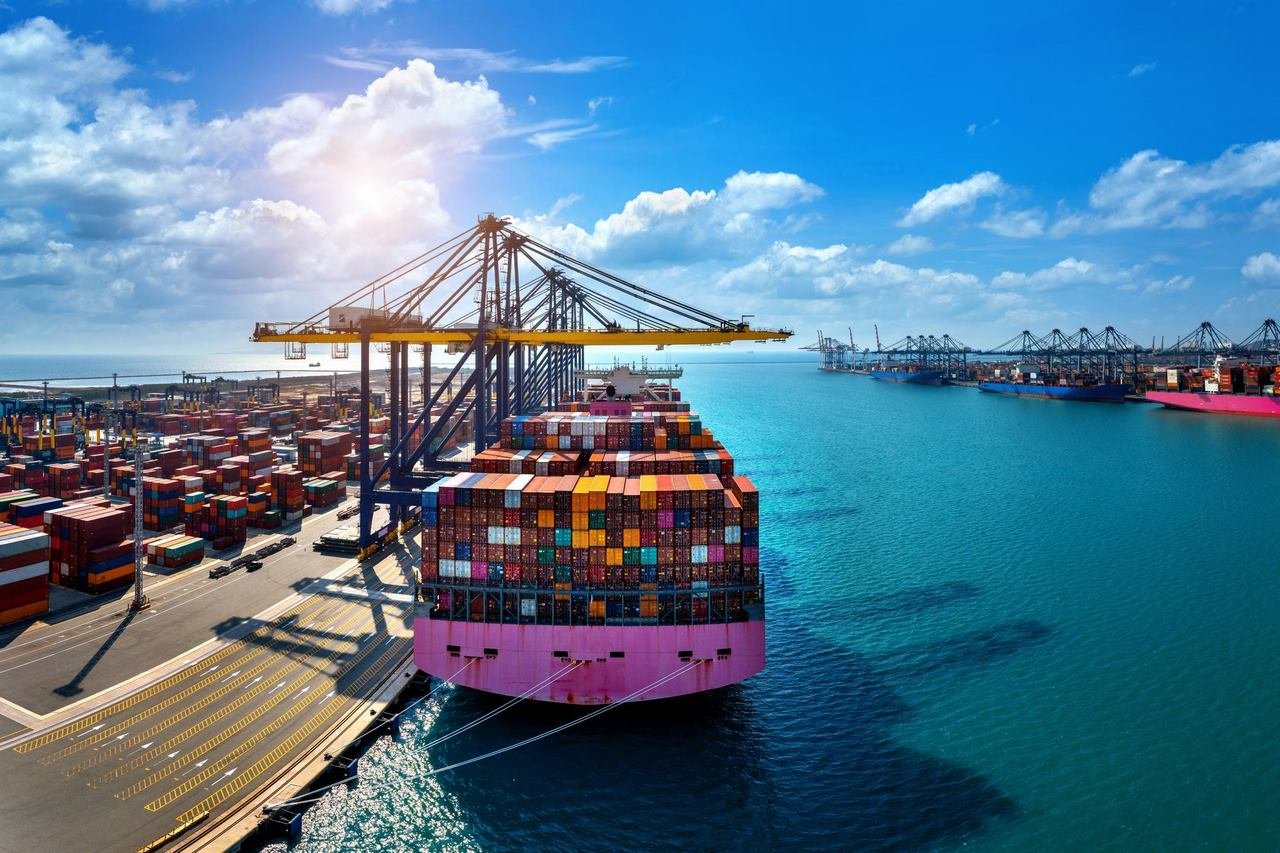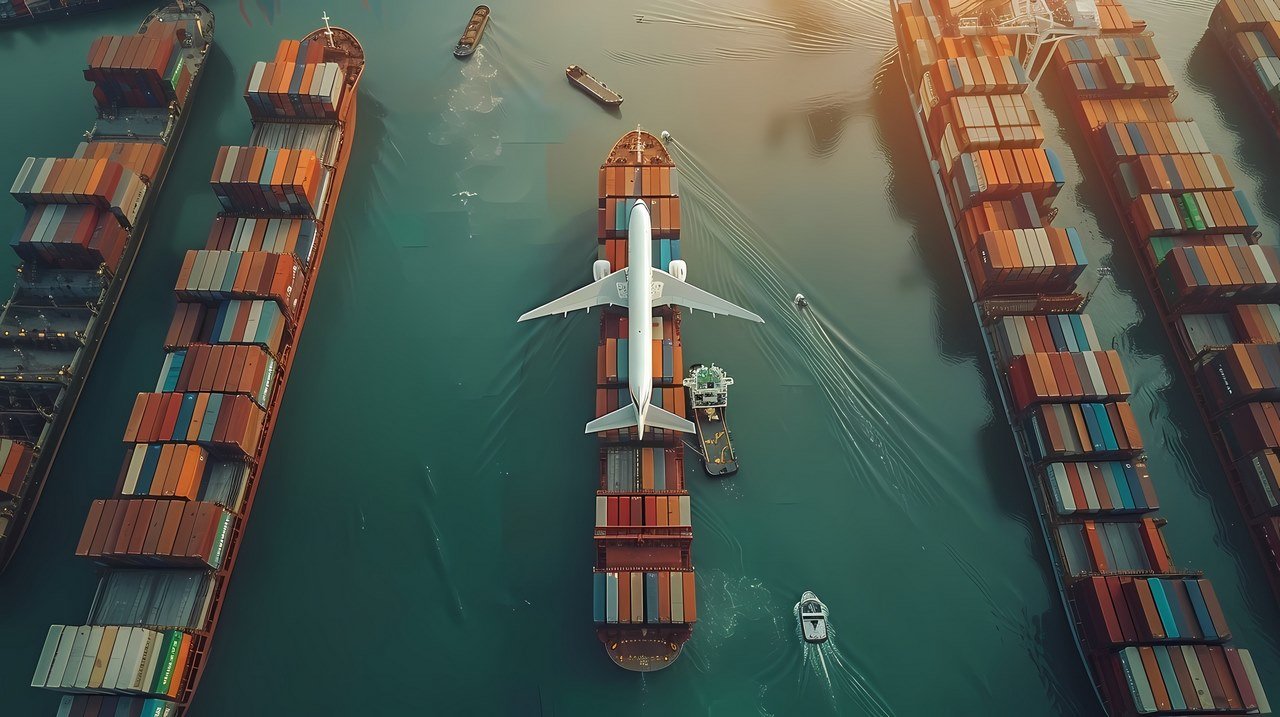In today’s rapidly evolving global economy, the Middle East has emerged as a pivotal hub for industrial raw materials. Companies like Steelbridge Export have recognized the region’s immense potential, capitalizing on its strategic advantages to facilitate the export of essential resources.
Why the Middle East Is the Best Market for Industrial Raw Materials
The phrase “Exporting raw materials to the Middle East” has become synonymous with opportunity, growth, and innovation.
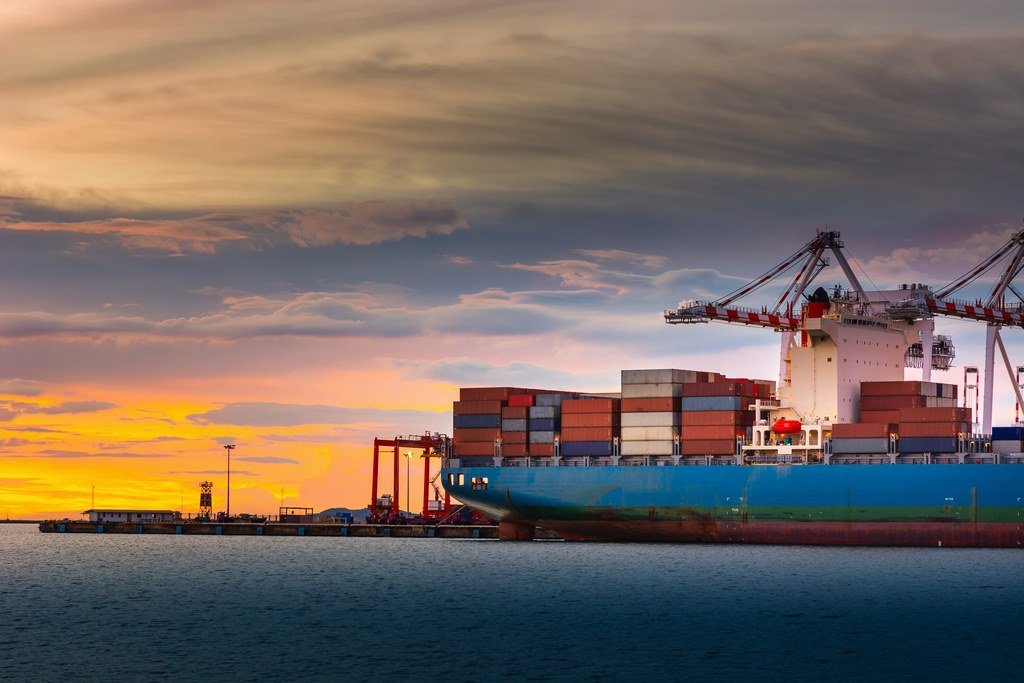
Strategic Geographic Advantage
The Middle East’s unique position at the crossroads of Europe, Asia, and Africa offers unparalleled access to major global markets. This strategic location reduces transit times and costs, making it an ideal destination for exporting raw materials. Ports like Jebel Ali in Dubai and Khalifa Port in Abu Dhabi have become critical nodes in the global supply chain, handling increasing volumes of industrial goods.
Economic Diversification and Industrial Growth
Countries in the Middle East, particularly those in the Gulf Cooperation Council (GCC), are actively pursuing economic diversification to reduce reliance on oil revenues. Initiatives like Saudi Arabia’s Vision 2030 and the UAE’s industrial strategies emphasize the development of manufacturing and industrial sectors. This shift has led to a surge in demand for industrial raw materials, including metals, minerals, and chemicals, creating a robust market for exporters.
Abundance of Natural Resources
The Middle East is rich in natural resources essential for various industries. For instance, Saudi Arabia’s Arabian Shield contains substantial reserves of gold, copper, and other critical minerals. Additionally, countries like Iran, Oman, and Egypt possess significant deposits of iron ore, phosphate, and other industrial materials. This abundance not only supports domestic industries but also positions the region as a key player in the global raw materials market.
Infrastructure Development and Construction Boom
The Middle East is experiencing a construction boom, with massive investments in infrastructure projects, including residential complexes, transportation networks, and industrial facilities. This surge in construction activities drives the demand for raw materials like steel, cement, and various chemicals. Exporters supplying these materials find a receptive and expanding market in the region.
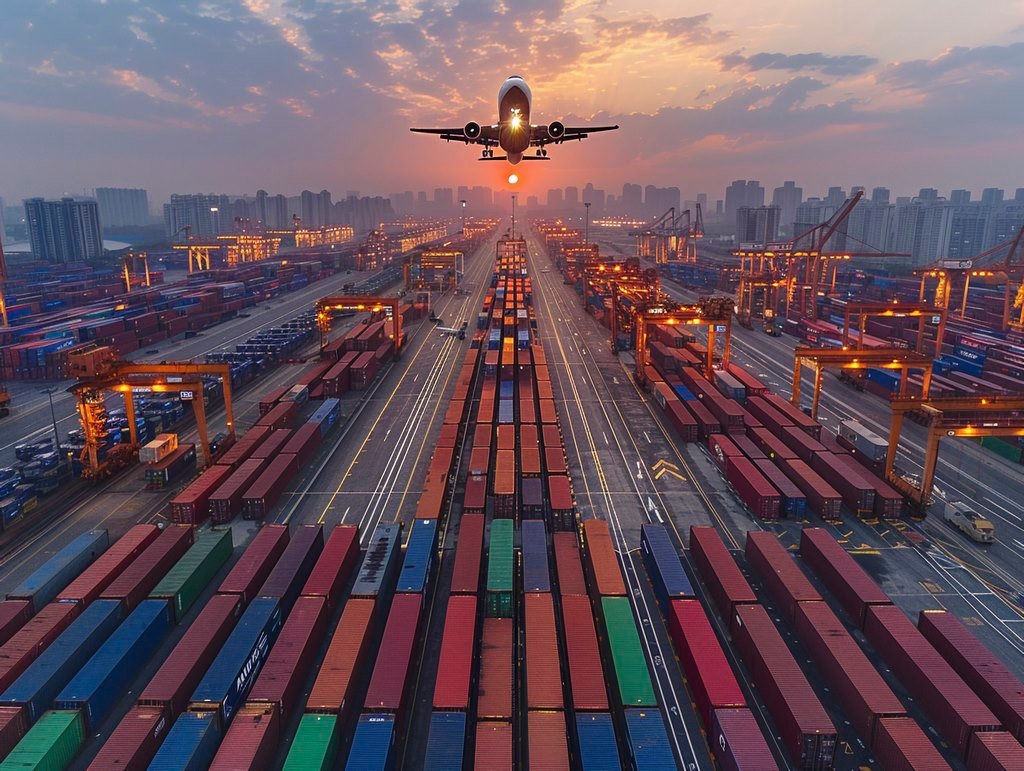
Renewable Energy Initiatives
As part of their diversification strategies, Middle Eastern countries are investing heavily in renewable energy projects, such as solar and wind power. These initiatives require substantial amounts of raw materials, including metals like copper and aluminum, for the construction of energy infrastructure. Exporting raw materials to the Middle East to support these projects presents significant opportunities for suppliers worldwide.
Favorable Business Environment
The Middle East offers a business-friendly environment with policies that encourage foreign investment and trade. Free zones, tax incentives, and streamlined regulatory processes make it easier for companies to establish operations and engage in trade activities. This conducive environment attracts exporters looking to tap into the growing demand for industrial raw materials in the region.
read more: Understanding Incoterms 2025: What Every Importer Should Know
Technological Advancements and Innovation
The region is embracing technological advancements to enhance its industrial capabilities. Investments in automation, digitalization, and advanced manufacturing techniques are transforming the industrial landscape. This technological evolution increases the demand for specialized raw materials, offering new avenues for exporters to introduce innovative products and solutions.
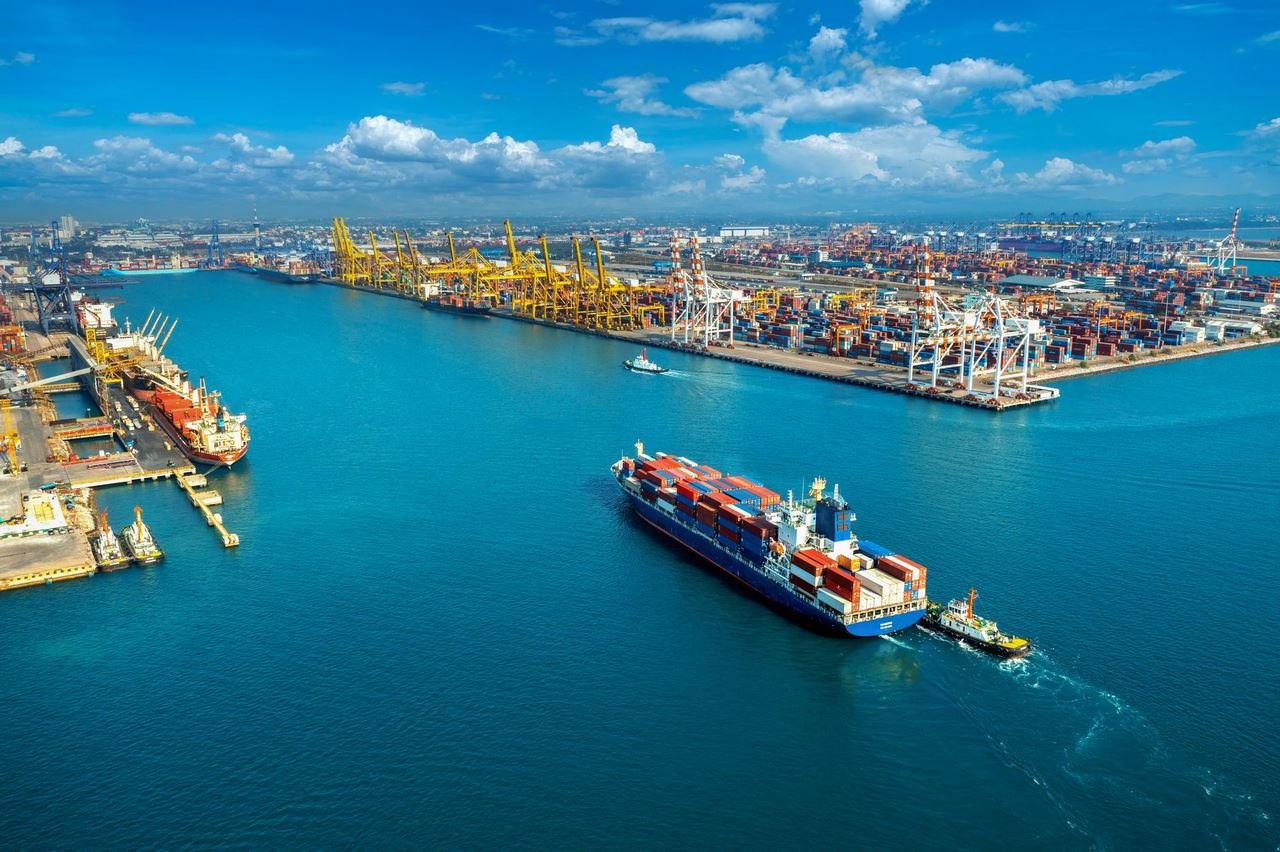
Strategic Partnerships and Collaborations
Middle Eastern countries are actively seeking strategic partnerships with international companies to bolster their industrial sectors. Collaborations in areas like mining, manufacturing, and technology transfer are common, providing exporters with opportunities to engage in joint ventures and long-term supply agreements. These partnerships facilitate the steady flow of raw materials into the region, ensuring sustained demand.
Conclusion
The Middle East’s strategic location, economic diversification efforts, resource abundance, and favorable business climate make it the best market for industrial raw materials. Companies like Steelbridge Export are at the forefront of this dynamic landscape, leveraging the region’s potential to drive growth and innovation. For businesses looking to expand their reach and capitalize on emerging opportunities, exporting raw materials to the Middle East offers a promising pathway to success.
inspired by epc
FAQs: Exporting Industrial Raw Materials to the Middle East
- 1. Why is the Middle East considered a strategic market for industrial raw materials?
The Middle East’s geographic position at the crossroads of Europe, Asia, and Africa offers reduced transit times and cost-effective access to major global markets, making it a highly strategic hub for raw material exports. - 2. How are economic diversification efforts in the Middle East driving demand for raw materials?
Initiatives like Saudi Arabia’s Vision 2030 and the UAE’s industrial strategies focus on expanding manufacturing and infrastructure, which significantly increase demand for metals, minerals, and chemicals. - 3. What role do renewable energy projects play in the Middle East’s raw material demand?
Massive investments in solar and wind energy infrastructure require substantial quantities of materials such as copper and aluminum, presenting new opportunities for exporters. - 4. How does the business environment in the Middle East support exporters?
The region offers investor-friendly policies, tax incentives, free zones, and streamlined regulations that facilitate easier market entry and sustained trade operations. - 5. Why are strategic partnerships important in the Middle East’s industrial raw material sector?
Collaborations and joint ventures with local entities help secure long-term supply agreements, technology transfer, and consistent demand, ensuring supply chain stability for exporters.

